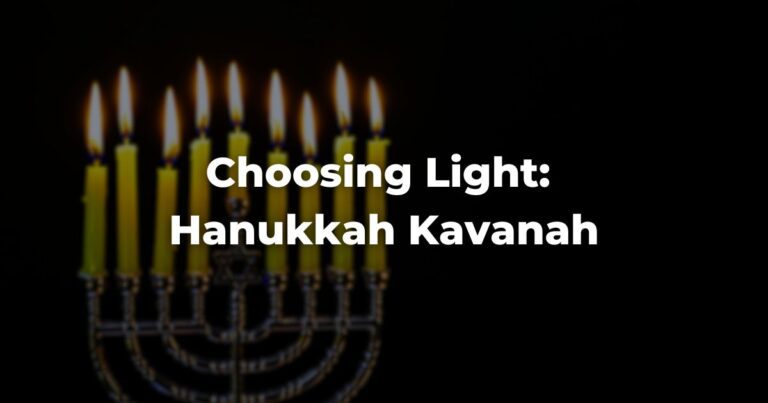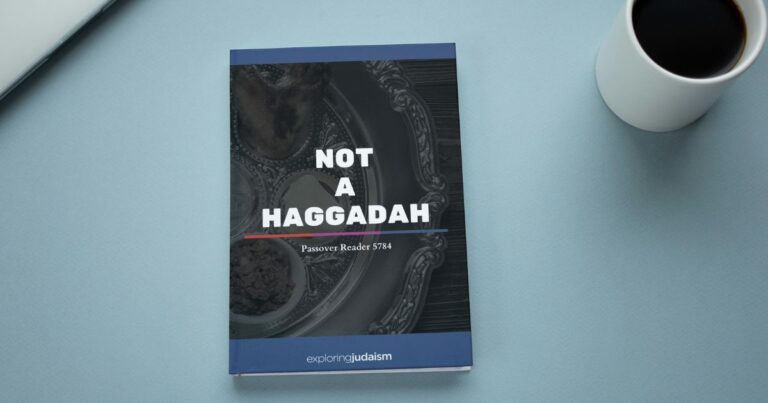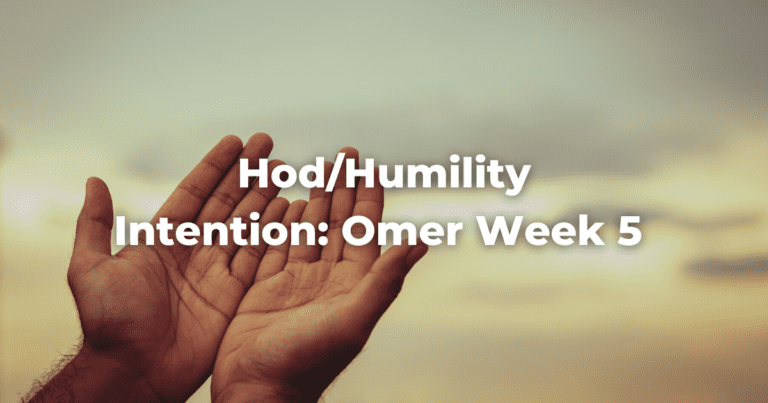Most Jews would guess that the year begins with Rosh Hashanah, and in some ways, they would be right.
But the Mishnah at M Rosh Hashanah 1:1 informs us that there are actually four New Years, each with its own purpose, each emphasizing the simple, stirring truth that life is a constant process of new beginnings.
The counting of the years begins with Rosh Hashanah, making it a reasonable starting point.
But the counting of the months starts with Nisan, the month of Passover—so we could just as logically start there as well. (This is why the TorahRefers to the first five books of the Hebrew Bible, the Tanakh, also called the Five Books of Moses, Pentateuch or the Hebrew equivalent, Humash. This is also called the Written Torah. The term may also refer to teachings that expound on Jewish tradition. Read more gives the dates of Rosh Hashanah [at Numbers 29:1] as “the first day of the seventh month,” but also commands at Exodus 12:1 that Nisan, the month of Passover, be “the first of the year’s months for you.”)
Rosh Hashanah celebrates the birth of the world and Passover celebrates the birth of the Jewish people, but there are other New Years as well: the first of Elul, which tradition made the New Year for the purpose of tithing cattle, and the fifteenth of the month of Sh’vat (also spelled Shvat or Shevat) (or, according to an alternate vision, the first of Sh’vat), acclaimed as the New Year for the laws that govern planting trees and eating their fruit.
So when does the Jewish year begin?
In a circle, one beginning is as good as another, so we can begin with the High Holidays.
The Hebrew name for these holy days is yamim nora’im (days of awe), but this name is less old than one might think.
Isaac Klein, writing in A Guide to Jewish Religious Practice (p. 176), attributes the term to Rabbi Jacob ben Moses Moelin, known as the Maharil (1365–1427), and infers from this that the solemn mood we associate with Rosh Hashanah is the result of a long and complicated development that occurred over a period of hundreds of years.
Adapted with permission from The Observant Life.
Authors
-

The Observant Life: The Wisdom of Conservative Judaism for Contemporary Jews distills a century of thoughtful inquiry into the most profound of all Jewish questions: how to suffuse life with timeless values, how to remain loyal to the covenant that binds the Jewish people and the God of Israel, and how to embrace the law while retaining an abiding sense of fidelity to one’s own moral path in life. Written in a multiplicity of voices inspired by a common vision, the authors of The Observant Life explain what it means in the ultimate sense to live a Jewish life, and to live it honestly, morally, and purposefully. The work is a comprehensive guide to life in the 21st Century. Chapters on Jewish rituals including prayer, holiday, life cycle events and Jewish ethics such as citizenship, slander, taxes, wills, the courts, the work place and so much more.
View all posts -







